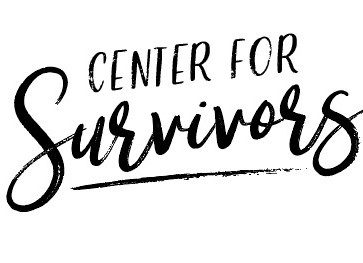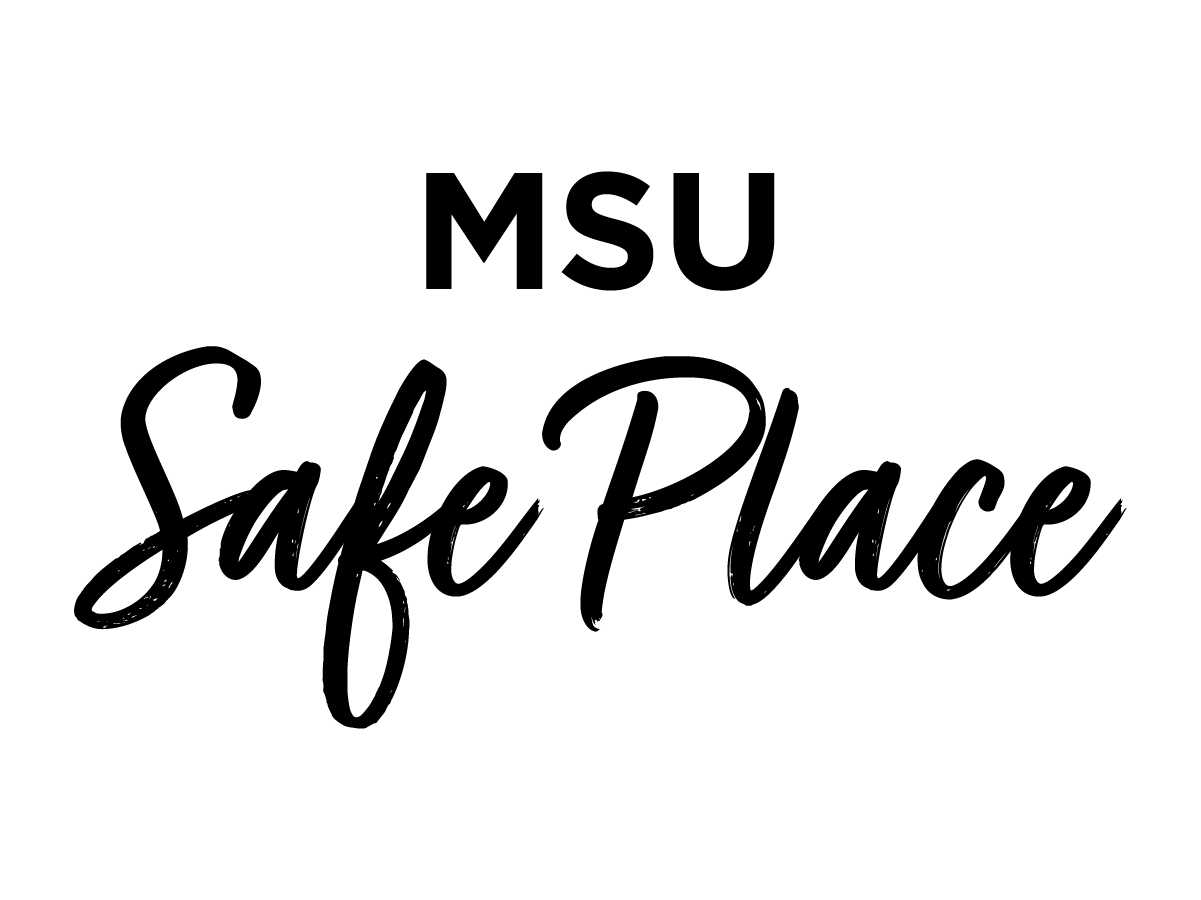Crisis Resources for Students
We're glad you're here. And we're here to help.
Find up to date info and resources related to the February 13th tragedy here.
You are worthy, no matter how hopeless things might feel right now. That's why there are so many resources available to help.
First things first,
- If you believe your life is in imminent danger and you cannot keep yourself safe, or you or someone else has decided to seriously harm or kill yourself/themselves or someone else, call 911 or go to the nearest emergency room, if it is safe to do so. The nearest emergency room to MSU East Lansing campus is McLaren Greater Lansing: 2900 Collins Rd, Lansing, MI (3.1 miles from Olin Health Center). Phone: (517) 975-6000.
- 24/7 virtual crisis counseling is available. Students can call CAPS at (517) 355-8270 and press “1” at the prompt to speak with a crisis counselor anytime. Additional 24/7 crisis resources are available in the drop-down boxes below.
- For medication questions/concerns, students can call the 24-Hour Olin Health Center Nurse Line at (517) 353-5557.
- If you are unsure how much medication or alcohol someone has taken, and they are unable to communicate with you, call 911. Michigan's Medical Amnesty law protects you from legal charges for possession/use of substances in the event that you request emergency services to assist someone in danger of alcohol poisoning, overdose, etc.
- MSU Center for Survivors 24-Hour Sexual Assault Crisis Line: (517) 372-6666
- National Alliance on Mental Illness (NAMI): NAMI offers a helpline that offers support and resources on psychological disorders. The helpline is available Monday–Friday, 10 a.m.–10 p.m. Call 1-800-950-NAMI (6264) or access the online chat on at nami.org/help.
When in doubt, ask for help. Here are some examples of urgent situations. Learn More
Here is what you can expect when speaking with a crisis provider. Find Out
What you can expect, questions to ask and other important information if you're being admitted to or discharged from a psychiatric hospital or unit. Learn More
Let's get you connected with the right resources.
Expand the options below to access resources you feel most comfortable with.
-
Crisis Resources
Text Support
- Text START to 741-741 from anywhere in the U.S., anytime, about any type of crisis. The Crisis Text Line serves anyone, providing access to free, 24/7 support and information via texting. A live, trained crisis counseling volunteer receives the text and responds quickly. Services are 24/7/365. Services are available in Spanish. If you text STEVE to 741-741, you will connect with a trained provider specializing in supporting individuals of color
- The Trevor Project is the nation’s only around-the-clock crisis intervention and suicide prevention lifeline for lesbian, gay, bisexual, transgender, and questioning youth. [Note: the lifeline will talk with any individual regardless of sexuality or gender.] Call 1-866-488-7386, text START to 678-678, chat available
Phone and Hotline Resources
- The National Suicide Prevention Lifeline provides free and confidential emotional support to people in a suicidal crisis or emotional distress. By calling 988 you will be connected to a skilled, trained counselor at a crisis center in your area, anytime 24/7. Hearing-impaired TTY users may dial 800.799.4889. Veterans in crisis, press “1” to receive specialized support. En Español, call 1.888.628.9454. Chat available.
- The Trevor Lifeline is the nation’s only around-the-clock crisis intervention and suicide prevention lifeline for lesbian, gay, bisexual, transgender, and questioning youth. Call 1.866.488.7386. [Note: the lifeline will talk with any individual regardless of sexuality or gender.]
- The Boys Town National Hotline is an anonymous, free 24-hour helpline intended for pre-teens, teens, and young adults. If you are having thoughts of harming yourself or you are being abused, please call 1.800.448.3000. Counselors are ready for your call 24/7. Spanish-speaking counselors and translation services for more than 100 languages also are available 24 hours a day. The speech- and hearing-impaired can contact the Boys Town National Hotline at our email address: hotline@boystown.org.
- The Rape, Abuse, Incest National Network (RAINN) is a free, confidential, and secure crisis hotline available 24/7 for victims of sexual assault or violence as well as their families and friends. Call 1.800-656.HOPE (4673). Chat available. Get the RAINN app. Access RAINN’s ChatBot, Iris.
- Vets4Warriors is a helpline for anyone currently serving in the military, veterans, and their families/caregivers. This is not a crisis support line. Rather, peers will help you address challenges before they escalate into a crisis. It is confidential, anonymous, and available 24/7 to receive personalized peer support from a veteran. Visit vets4warriors.com. Call 1-855-838-8255. Chat, or use the website to request a call or email.
Online Chat Options
- Lifeline Crisis Chat go to crisischat.org and click on “Chat Now”
Available through the National Suicide Prevention Lifeline, the chat is available 24 hours a day, 7 days a week within the United States and territories. - TrevorChat: Free, confidential, and secure online chat provides live help by trained volunteers. Available 24/7/365. Designed to be used with a computer. If you prefer a smartphone, call or use Trevor Text. Visit thetrevorproject.org/get-help-now to learn more.
- National Sexual Assault Online Hotline: Chat online with a trained staff member who can provide confidential crisis support. Visit hotline.rainn.org/online.
- Vets4Warriors: For anyone currently serving in the military, veterans, and their families/caregivers. It is confidential, anonymous, and available 24/7 to receive personalized peer support by a veteran. Visit vets4warriors.com and click Chat at the bottom of the page.
Online Resources
- thetrevorproject.org: Crisis intervention and suicide prevention lifeline and resources for lesbian, gay, bisexual, transgender, and questioning youth.
- suicidepreventionlifeline.org: A national network of local crisis centers that provides free and confidential emotional support to people in suicidal crisis or emotional distress 24 hours a day, 7 days a week.
- What to Do in a Crisis: Guidance from the National Alliance on Mental Illness (NAMI)
Community Mental Health of Clinton, Eaton, and Ingham Counties
- Walk in or call 24/7/365 to access crisis services
- Community Mental Health Building, 812 E. Jolly Road, Lansing, MI 48910
- 517-346-8460 or toll-free at 800-372-8460 Hearing impaired access at 800-649-3777
National Domestic Violence Hotline: Confidential support to anyone experiencing domestic violence or seeking resources and information related to domestic violence. Support in Spanish and other languages available. Call 1-800-799-SAFE (7233), TTY 1-800-787-3224, Text "START" to 88788
Trans Lifeline: "Trans Lifeline connects trans people to the community support and resources we need to survive and thrive." This resource also offers a Family & Friends Hotline (call the main number listed below). It is staffed by trans-identified peers. No non-consensual active rescue will be initiated. Call 877-565-8860 or in Canada 877-330-6366
Physician Support Line: Physician Support Line (PSL) is a peer-to-peer support line for physicians by physicians. The line is open to US-based DO/MD/international equivalents at the attending, fellow, resident, intern, medical student, or research level. You do not have to be currently practicing medicine to speak to our volunteers. Call 888-409-0141 (open Monday – Friday, 8:00 AM - 12:00 AM ET, no federal holiday staffing)
- Text START to 741-741 from anywhere in the U.S., anytime, about any type of crisis. The Crisis Text Line serves anyone, providing access to free, 24/7 support and information via texting. A live, trained crisis counseling volunteer receives the text and responds quickly. Services are 24/7/365. Services are available in Spanish. If you text STEVE to 741-741, you will connect with a trained provider specializing in supporting individuals of color
-
Non-Crisis Resources
- Substance Abuse and Mental Health Services Administration (SAMHSA) National Helpline: Free, confidential, 24/7/365 information and referral service for individuals and family members facing mental or substance use disorders. Call 1-800-662-HELP (4357). Hearing-impaired TTY users may dial 1 (800) 487-4889.
-
Creating A Safety Plan
Step 1: Warning Signs - Be aware of thoughts, images, mood, situation, behavior that indicate a crisis may be developing. Step 2: Internal Coping Strategies - Things you can do to take your attention and mind off your crisis without contacting another person. Examples include relaxation techniques, physical activity, listening to music and mindful techniques (free guided meditation is available at marc.ucla.edu/mindful-meditations Step 3: People and Social Settings that Provide Distraction - Seek them out if you cannot manage your stress while alone. Step 4: People Whom You Can Ask for Help - Seek them out if you need help managing the crisis, or assistance in putting your plan into action. Step 5: Ways to Make Your Environment Safe - Examples include preventing access to firearms and weapons, throwing sharp objects away, pouring out/throwing away substances, asking a friend to keep dangerous items in a difficult-to-access location. Step 6: Professionals and Agencies - List who you can contact before/during a crisis. Step 7: List the things most important to you that are worth living for in your life.
Violence and Assault Resources



